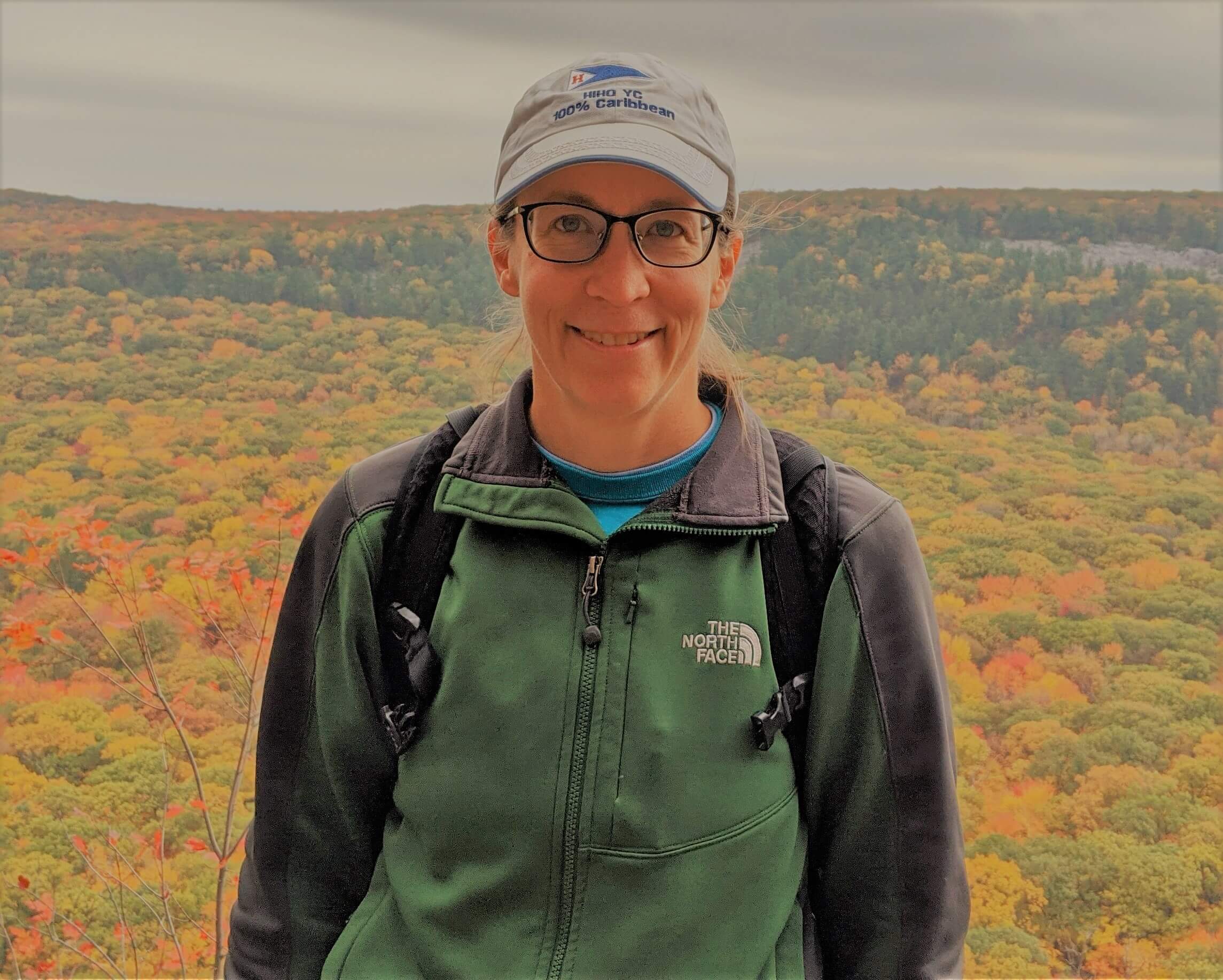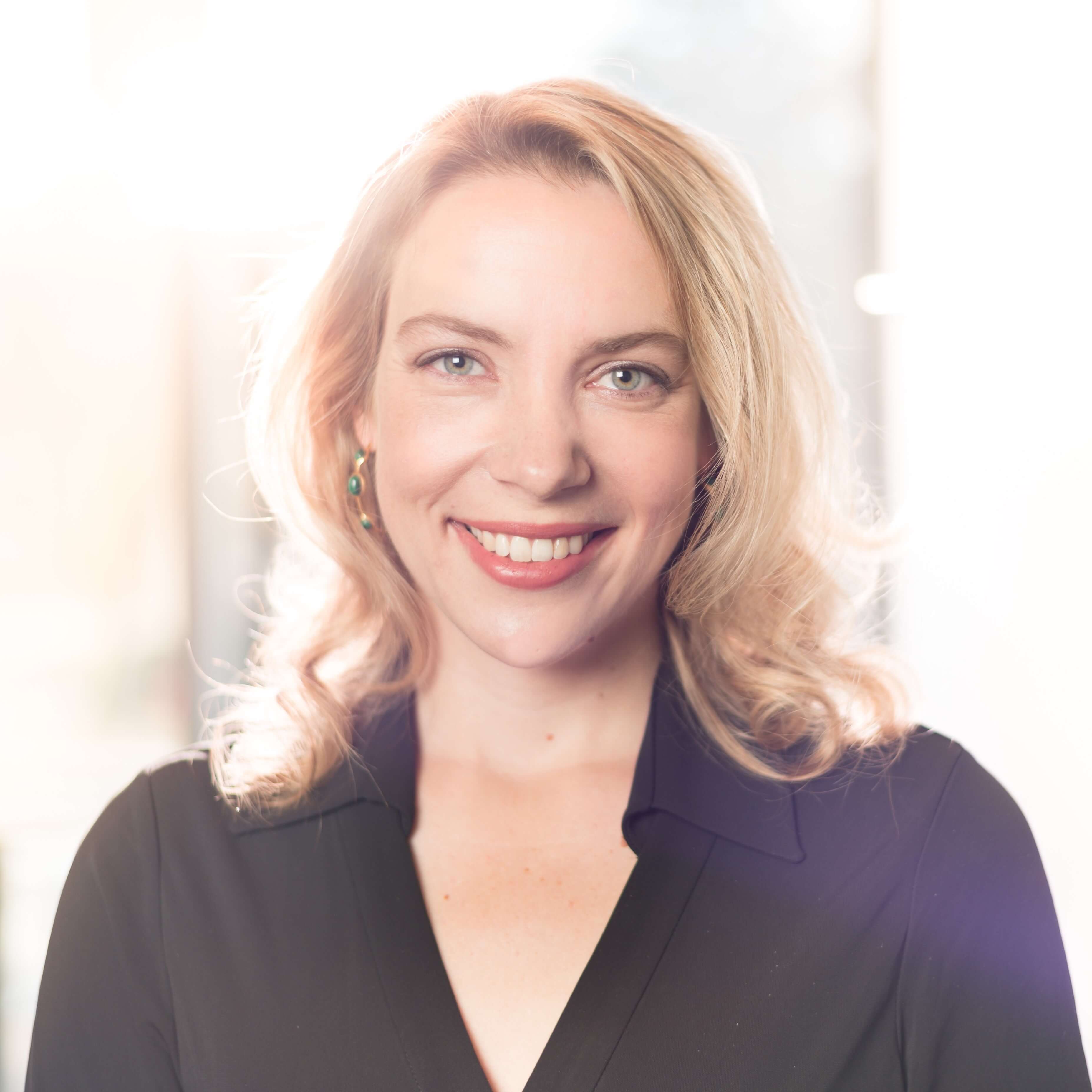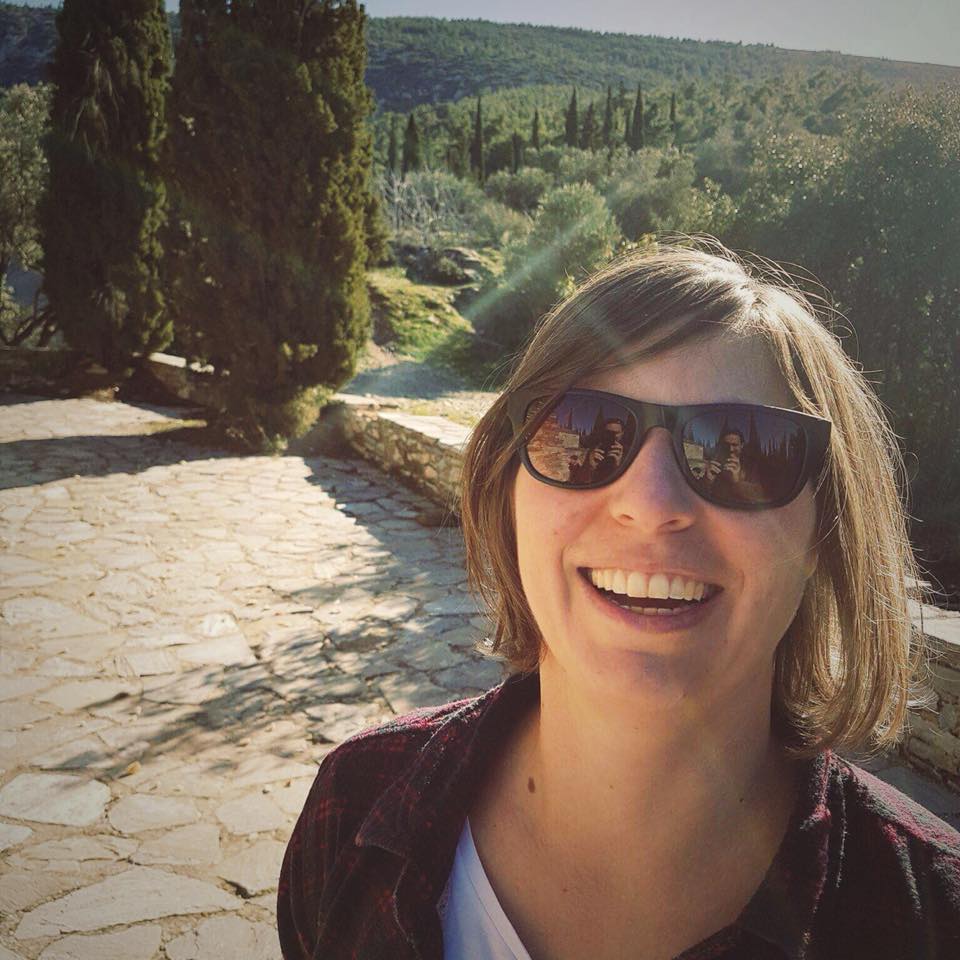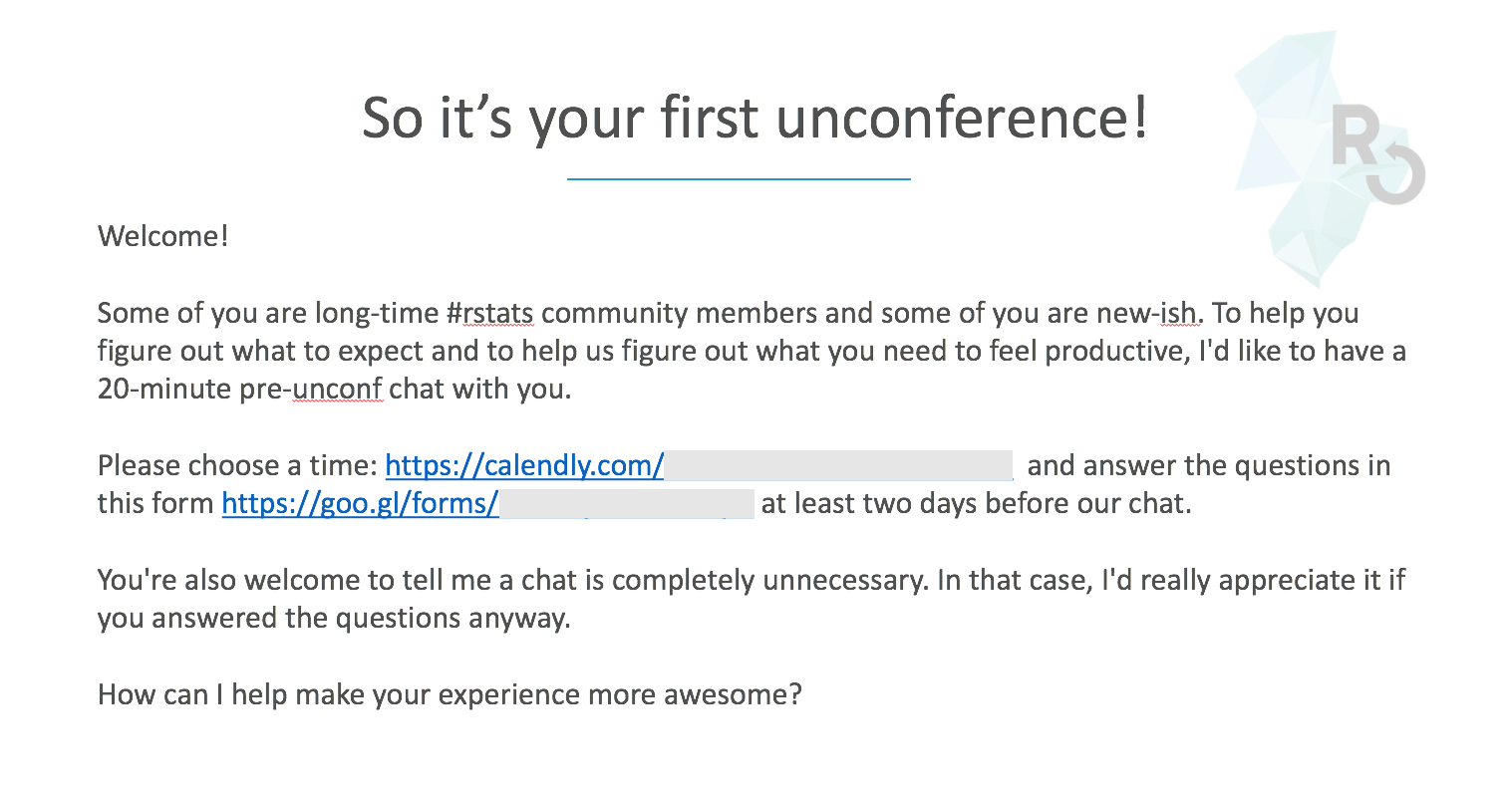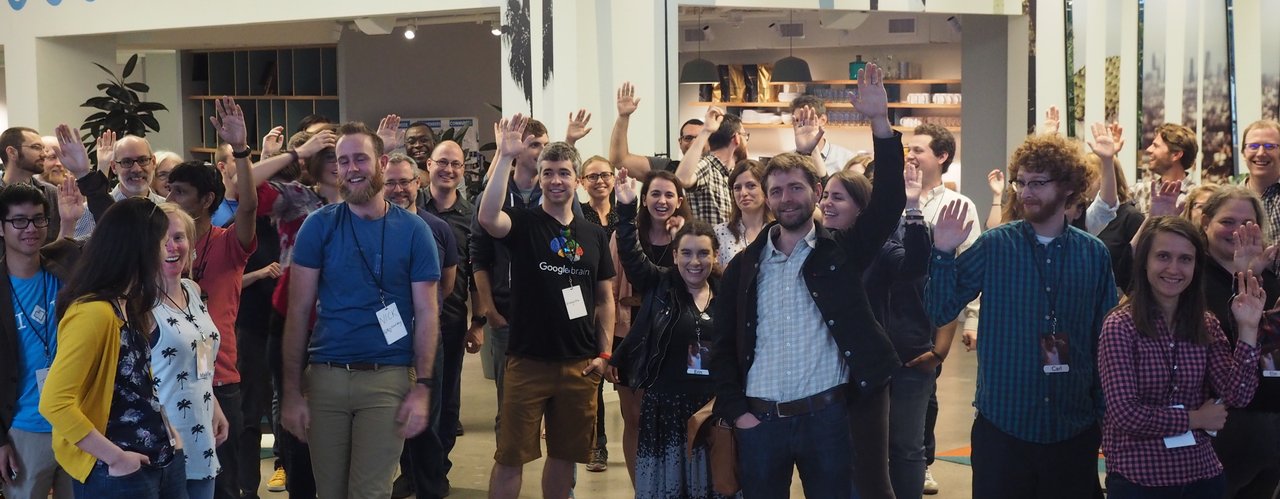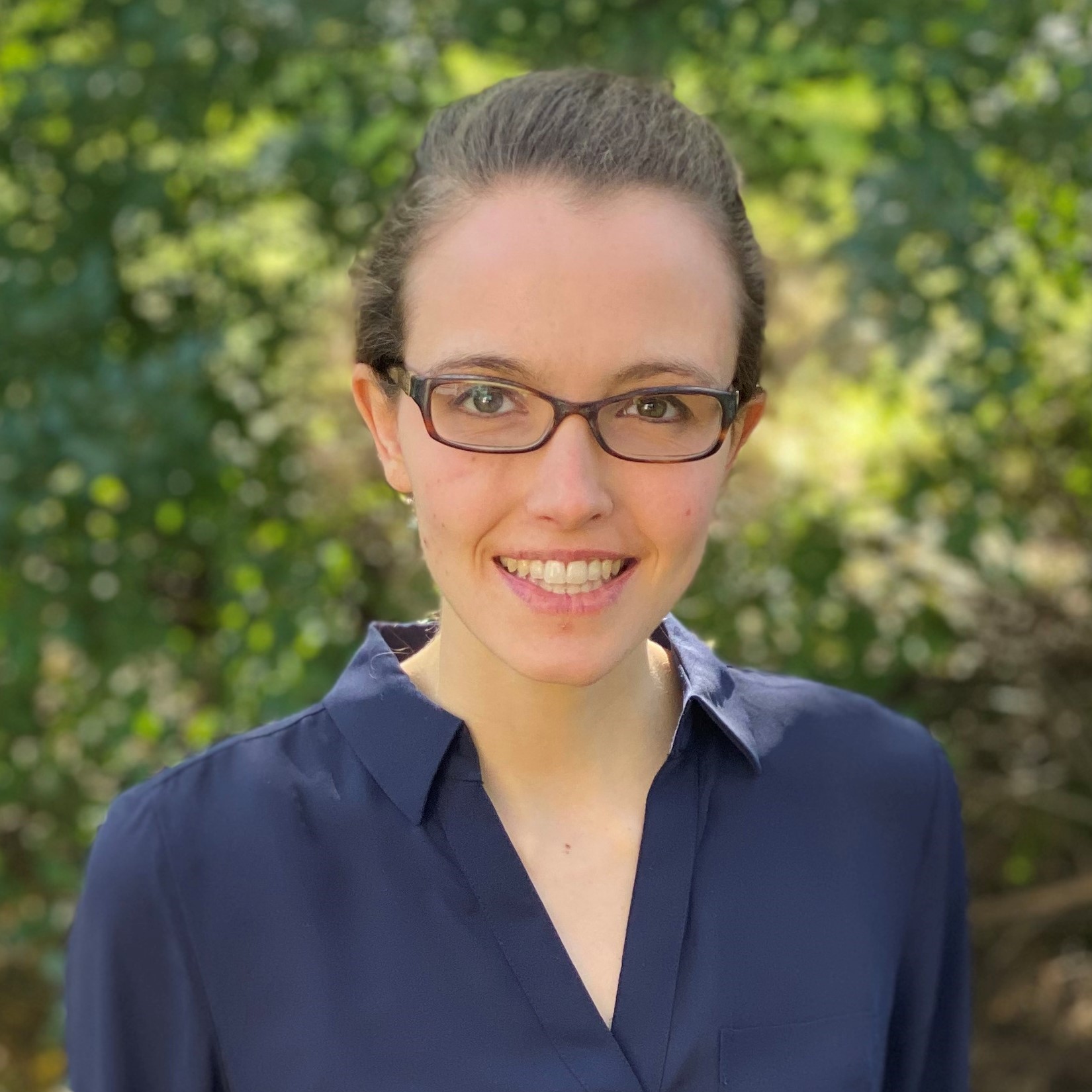
We are excited to welcome Emily Riederer, Adam Sparks, and Jeff Hollister to our team of Associate Editors for rOpenSci Software Peer Review.They join Laura DeCicco, Julia Gustavsen, Anna Krystalli, Mauro Lepore, Karthik Ram, Noam Ross, Maëlle Salmon, and Melina Vidoni.
